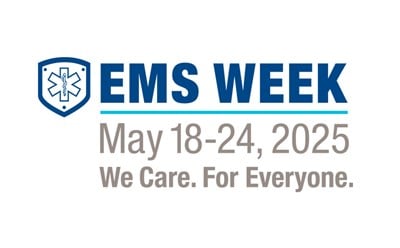WASHINGTON, D.C.—Emergency physicians continue to champion policy to protect patients from surprise medical bills without limiting patient access to emergency care.
The American College of Emergency Physicians (ACEP) position on surprise bills has been consistent and public: a federal solution to protect patients from surprise bills is welcome and encouraged. However, ACEP is concerned that some proposals currently being debated in Congress could severely affect small emergency physician practices and threaten access to the vital health care safety net they provide for patients, particularly in rural and underserved communities.
ACEP represents emergency physicians from all walks of life who practice in a variety of work environments that range from academic settings or teaching hospitals to emergency physician groups large and small that are either managed, or independently owned and operated by the physicians in the practice. The vast majority of emergency physician groups—85 percent—are comprised of only 50 or fewer physicians.* As a member-driven association, ACEP serves as the collective voice of the individual emergency physician regardless of where they practice.
There is a real concern that proposals being considered in Congress that include benchmarking or rate setting will impact emergency physician groups of all sizes; but smaller, independent groups will be particularly hard hit, endangering access to lifesaving care for Americans residing in communities across the country that these groups of emergency physicians serve. These proposals will also result in an avoidable and lucrative giveaway to the insurance industry. Smaller groups are already disadvantaged when attempting to negotiate contracts with insurers, and rate-setting could drive them out of the market entirely, leading to increased consolidation, reduced competition, and higher costs throughout the health care system.
As such, 60 smaller, independent practices, which collectively provide emergency care to 7.3 million patients annually, have signed onto a letter to the House Education and Labor, and Ways and Means Committees calling on them to consider the unique perspective of small groups and the potential impact that federal legislation may have on their ability to provide high-quality emergency care for patients.
*As reported in data collected by ACEP from over 1,200 emergency physician groups.
 American College of Emergency Physicians
American College of Emergency Physicians







